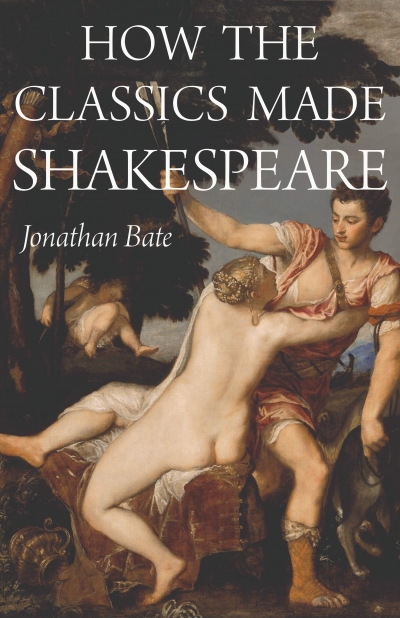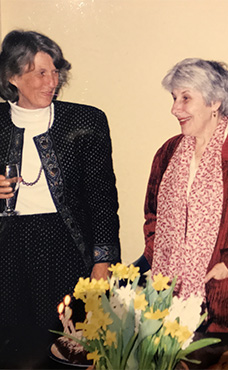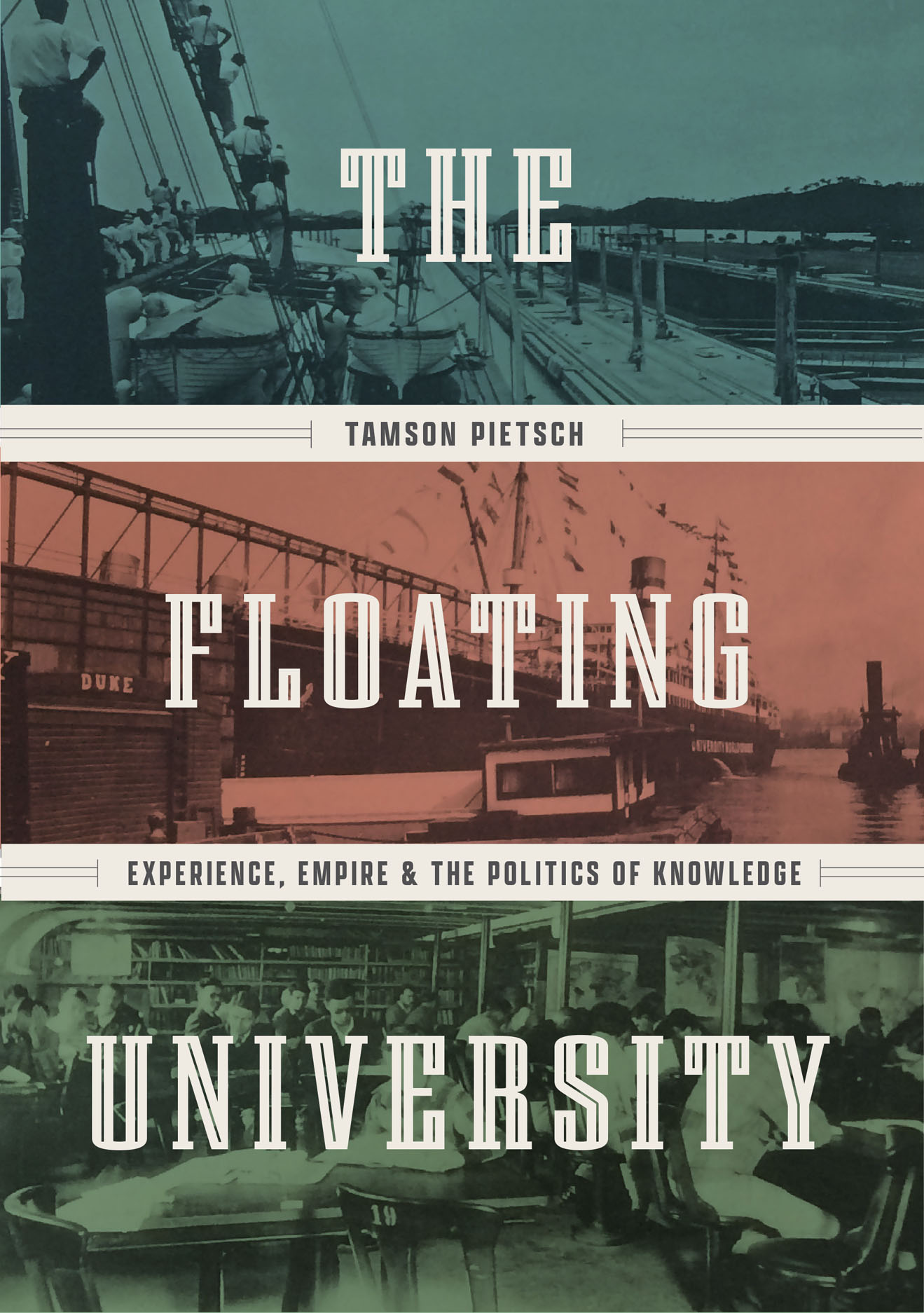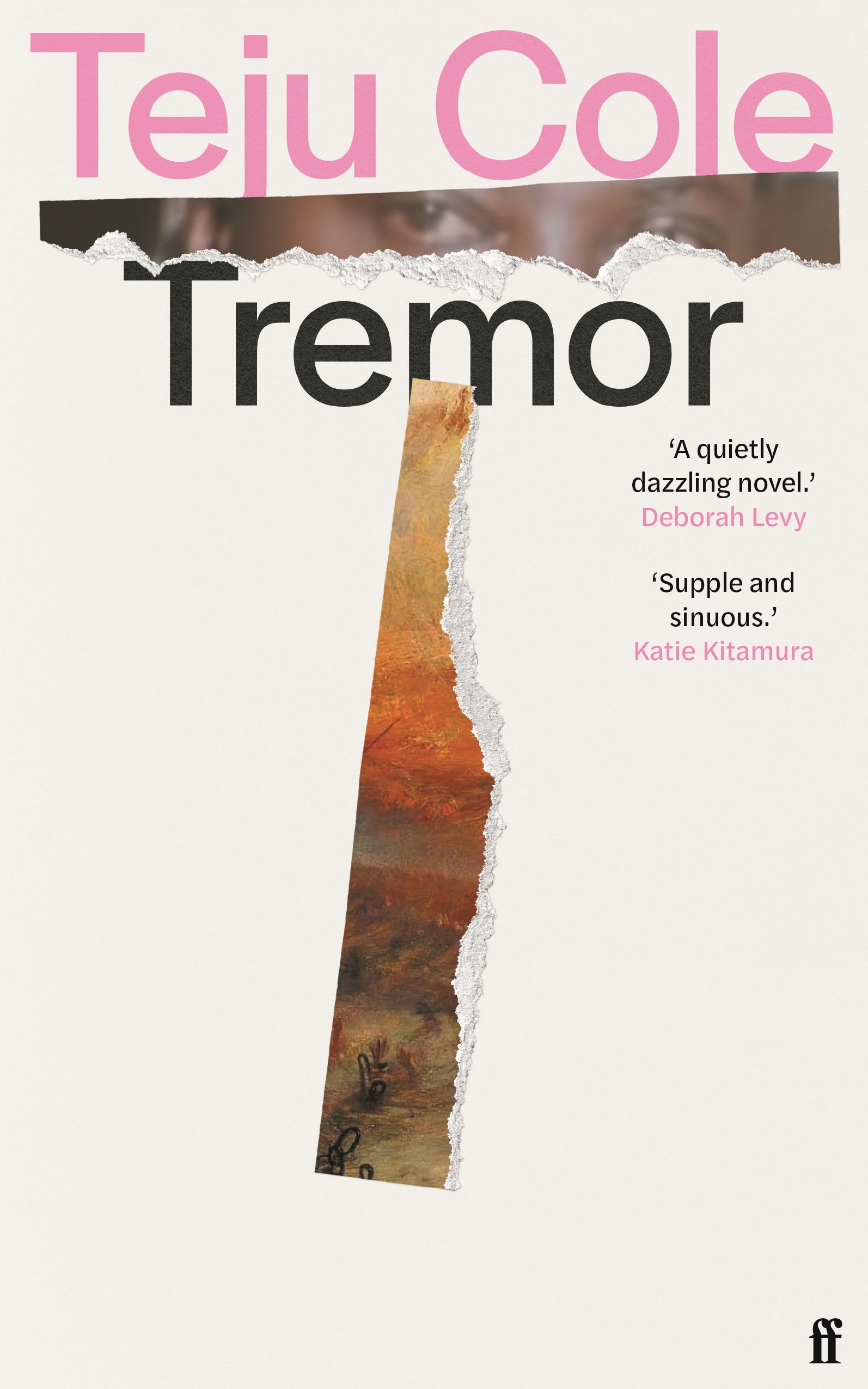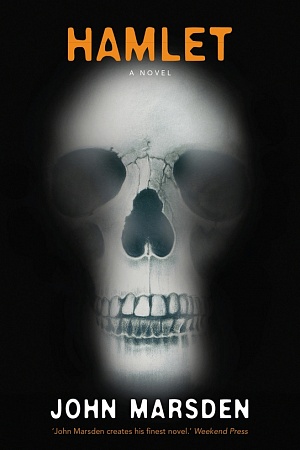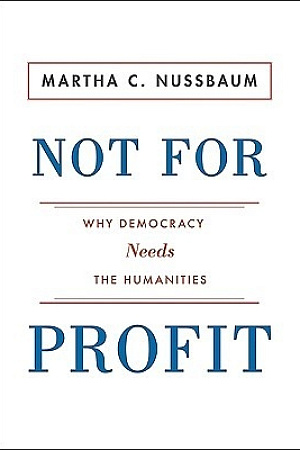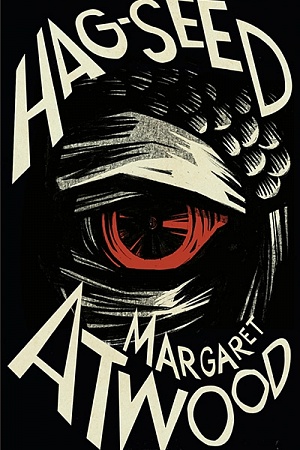How the Classics Made Shakespeare
Princeton University Press (Footprint), $49.99 hb, 361 pp, 9780691161600
How the Classics Made Shakespeare by Jonathan Bate
Ben Jonson famously derided Shakespeare’s grasp of ‘small Latin and less Greek’, and vocal sceptics in our own time refuse to believe that a grammar-school education was sufficient to enable the man from Stratford to write the plays attributed to ‘Shakespeare’ (of course it was). Rather than create another study documenting Shakespeare’s narrative and dramatic debts to the classics, Jonathan Bate attempts to cover ‘the diversity of Shakespeare’s direct and indirect encounters with the classics’ (his emphasis) in this new book. To address the question, ‘What kind of a thinker was Shakespeare?’, one needs to appreciate the extent to which classical culture – its literature, philosophy, and politics – pervaded Elizabethan England. To better understand the shaping of Shakespeare’s mind by the classics, Bate suggests we need to look beyond ‘his school-room education and his direct reading’. This study thus builds on, but extends in interesting ways, Bate’s earlier account of Shakespeare and Ovid (1993) and his recuperation of the much maligned but classically inflected Titus Andronicus (which Bate edited for the Arden Third Series).
Much of the book originates from the Gombrich Lectures and the Gresham Lectures delivered by Bate in London, and he has purposefully avoided altering the form of writing when presenting this material in book form. Readers have the pleasure of a lucid, engaging style, but one that does not compromise in its erudite coverage of sophisticated rhetorical devices and classical conceits. The flipside, and my one minor criticism, is that the origin of the book in oral delivery sometimes means that transitions between paragraphs and ideas aren’t as readily apparent in print: the storytelling that captivates an audience isn’t always what the reader expects in print form.
Continue reading for only $10 per month. Subscribe and gain full access to Australian Book Review. Already a subscriber? Sign in. If you need assistance, feel free to contact us.

